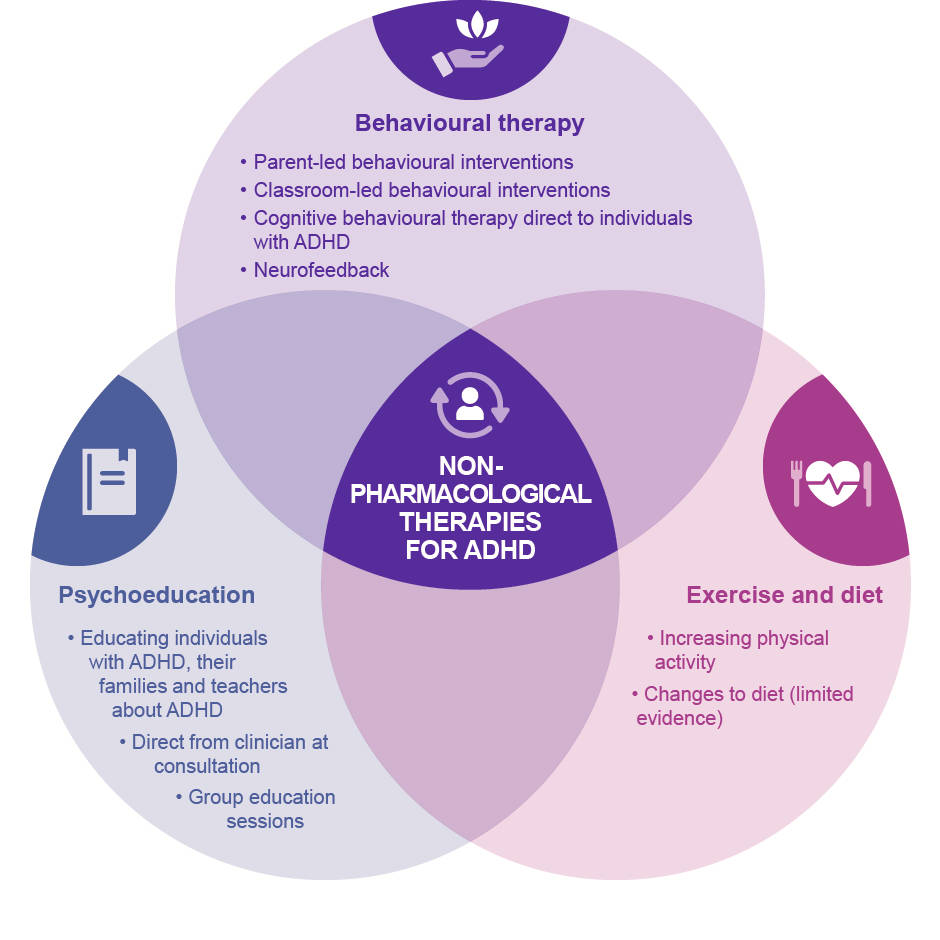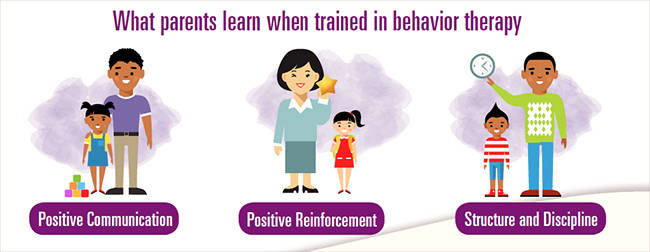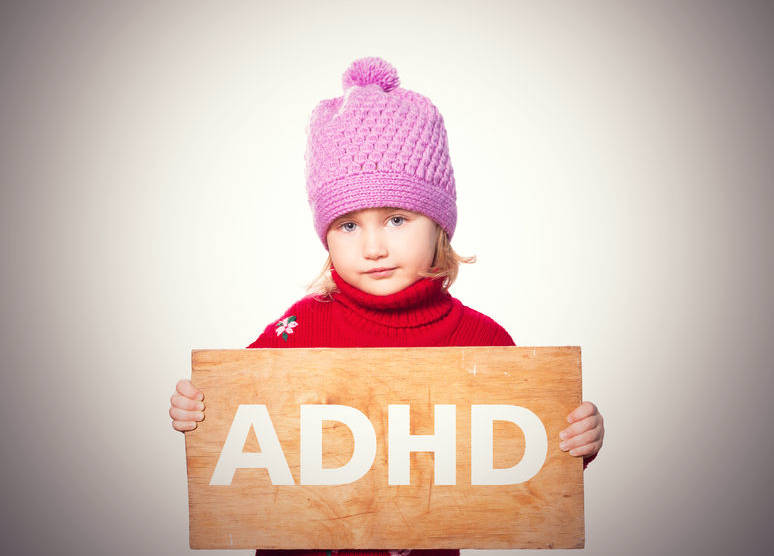ADHD in Children! With millions of children globally struggling with ADHD, it’s surprising how many misconceptions about this disorder still exist. Unfortunately, some people think that Attention Deficit Hyperactivity Disorder is caused by bad parenting or a lack of discipline when in reality it is linked to neurological and genetic factors. It seems society needs an education on the facts behind this common condition!
ADHD is a tricky thing – it can be hard to understand, even with all the information out there. So instead of trying to figure it out on your own, why not join us and get clued up? In this blog, we’ll take an in-depth look at what exactly causes Attention Deficit Hyperactivity Disorder (ADHD) in children – from examining its effects on learning & behavior, through options for treatment available; right down to providing your parents tips for supporting successful outcomes. Whether you want more insight as a parent or teacher – come along and let’s find our focus together!
What is ADHD In Children?
ADHD is a common disorder among children with an estimated 11% of those aged 4-17 receiving a diagnosis. Unfortunately, this prevalence can lead to many misconceptions about the condition lingering in society today. We’ll tackle some of these myths head-on and reveal what’s really going on behind the scenes!
ADHD Is Not Real…
Contrary to popular belief, ADHD is a very real disorder with effective treatment options – it’s not just an excuse for bad behavior! Luckily, there are plenty of paths toward managing symptoms and leading successful lives. It may take some trial and error to find the perfect solution that works best for your child or loved one – but rest assured that when you do, amazing things can happen!
ADHD Is Just an Excuse for Bad Behavior
ADHD isn’t just an excuse for bad behavior – though it may often seem like one. Instead, children with the condition struggle to reign in their impulses and be unaware of their behaviors until after they’ve happened. It’s something we can address, but understanding its root causes is key!
What are the symptoms of ADHD in Children?
- They’re Constantly Moving
- They Struggle to Pay Attention
- They’re Impulsive
- They’re Disorganized
- They Daydream A Lot
Suspecting that your child may have ADHD? Don’t hesitate to reach out for help – proper diagnosis and treatment can give them the support they need to lead a happy and fulfilling life. So get in touch with qualified medical professionals today!

How is ADHD diagnosed?
If you have any inkling that your child may be experiencing ADHD, the best thing to do is chat with a trusted pediatrician about it. To get an accurate assessment of your little one’s behavior and development, expect some pointed questions from the doc accompanied by tests like CPRS-R – all designed for evaluating possible signs of this condition. With these results in hand, they’ll either make a formal diagnosis or suggest further help from specialists if needed!
What are the possible causes of ADHD?
ADHD is complex and multifaceted – it doesn’t have one single cause! Different studies suggest that environmental toxins, stressful events, or already having the condition in your family can all increase a person’s risk of developing it. So if there are any secret superheroes up your tree of genealogy… best to keep an eye out for symptoms down the line!
ADHD has baffled experts for decades, but recent research suggests it could be rooted in a chemical imbalance. Scientists have zeroed in on dopamine – the neurotransmitter responsible for executive functioning and focus – which is lower than normal among those with this condition. Theories abound as to why: from genetics to exposure to toxins; but until all pieces are put together we’re still striving to uncover the cause behind mind restlessness like no other!
How is ADHD treated?
ADHD can be a tricky foe, but with the right diagnosis and treatment plan in hand, there’s no limit to what kids with this neurodevelopmental disorder can accomplish! Symptoms such as difficulty focusing or an abundance of energy may make day-to-day life challenging; however, help is available. With appropriate interventions like lifestyle changes and medication management, children suffering from ADHD have every opportunity to lead fulfilling lives full of success.
If your child is showing signs of Attention Deficit Hyperactivity Disorder, the first step in getting them help should be to contact a doctor. In order for your physician to give an accurate diagnosis they’ll need all the facts – including symptoms observed, full family history, and any potential physical issues which might lead to similar manifestations. Once everything’s been examined thoroughly you can work with professional experts on crafting exactly the right treatment plan designed specifically for your situation.
Managing ADHD
ADHD can be managed with an effective and well-rounded approach: a combination of medication to control the symptoms, along with behavioral therapy to help youngsters better manage their own behavior. Meds tackle hyperactivity, impulsivity, and inattention while specialized therapies hone social skills like self-discipline and problem-solving for success both now -and down the road.

What are the benefits of treatment for ADHD?
Unlocking the potential of your child starts with treating their ADHD. With treatment, they can learn to stay focused and in control – improving their lives both inside and outside the classroom! Improvements may include better grades at school, stronger relationships with friends…and even more harmonious family time. So don’t wait – give your kid what it takes for a brighter future: seek out that all-important help today!
How to Live Up With ADHD
Struggling with the daily demands of parenting a child with ADHD can be both exhausting and overwhelming. However, research has shown that treatment for ADHD not only enhances your little one’s quality of life but also significantly reduces family stress levels! Everything from bickering over chores to strained relationships between parent and child has been known to improve upon receiving proper treatment – plus families often feel even closer together after therapy than before it began. It looks like everyone wins when you decide to face this challenge head-on!
Not treating ADHD can be costly – in more ways than one. Studies show that kids with untreated ADHD are at greater risk of not graduating, getting into legal trouble, or succumbing to a tragic accident. Of course, this affects your pocketbook but it also puts an emotional strain on the entire family!
- Lost wages from not being able to hold down a job
- Higher insurance rates
- Increased medical bills
- Requiring special education services
ADHD treatment can be an important financial buffer for your family, helping to preemptively protect against costly problems that may arise in the future. Investing now is a smart way of safeguarding not only emotional well-being but also long-term money support!
ADHD Medication Is Bad for Kids…
For many, misinformation has created fear and confusion surrounding ADHD medications. However, the truth is that with proper medical guidance, these drugs can be an excellent way of helping children focus their energy and control impulses – setting them up for scholastic & social success!
How can parents help their children with ADHD succeed in school and life?
- Advocate for your child
- Stay organized
- Encourage positive behavior
- Help them find their passions

Conclusion:
ADHD is a real, and commonly-misunderstood condition. Despite the myths that swirl around it, there’s hope – with proper support and resources, children affected by this disorder can not only survive but thrive! If you suspect your child may have ADHD don’t hesitate to talk to their doctor about all the treatment options available!
Do you have any tips for other parents? Share your thoughts in the comments below!
More reading suggestions:


